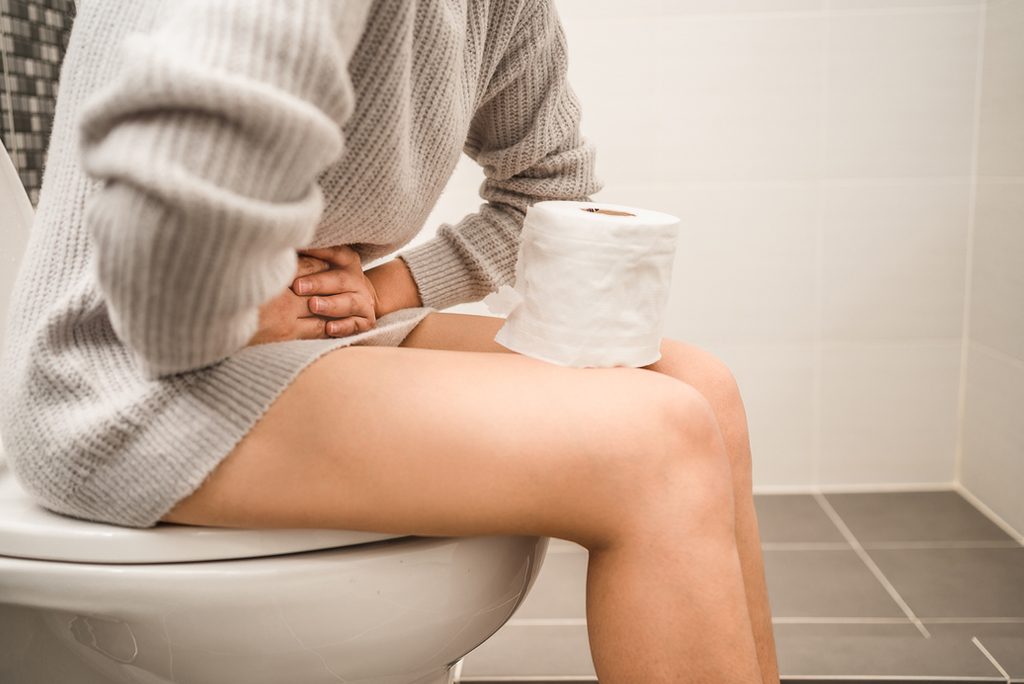Introduction: Constipation, a common digestive woe affecting people of all ages, can significantly impact daily life and well-being. While there might not be a one-size-fits-all “cure,” understanding the causes and adopting effective strategies can pave the way to relief. In this blog post, we’ll delve into practical tips, dietary changes, and lifestyle adjustments to help alleviate constipation and promote a healthier digestive system.

Understanding Constipation: Constipation is characterized by infrequent bowel movements, difficulty passing stool, or the sensation of incomplete evacuation. It can result from various factors, including a low-fiber diet, inadequate fluid intake, lack of physical activity, or certain medical conditions.
Dietary Adjustments:
- Increase Fiber Intake: Fiber is a crucial component for healthy digestion. Incorporate fiber-rich foods such as whole grains, fruits, vegetables, legumes, and nuts into your diet. Aim for at least 25-30 grams of fiber per day.
- Hydration Matters: Staying well-hydrated is essential for maintaining healthy bowel movements. Ensure an adequate intake of water throughout the day, as dehydration can contribute to constipation.
- Probiotics for Gut Health: Probiotics, found in yogurt and other fermented foods, promote a balanced gut microbiome. A healthy gut flora is associated with improved digestion and regular bowel movements.
Lifestyle Changes:
- Regular Exercise: Physical activity stimulates bowel movements and promotes overall digestive health. Aim for at least 30 minutes of moderate exercise most days of the week.
- Establish a Routine: Establishing a regular schedule for meals and bathroom breaks can help regulate bowel movements. The body tends to respond well to consistency.
- Mindful Eating: Chew food thoroughly and take your time during meals. This aids in the digestion process and can prevent overeating, contributing to a healthier digestive system.
Natural Remedies:
- Herbal Teas: Certain herbal teas, such as peppermint or ginger tea, have digestive properties that can help alleviate constipation. Warm liquids, in general, can stimulate bowel movements.
- Flaxseed or Chia Seeds: These seeds are rich in soluble fiber, which adds bulk to stool and facilitates its movement through the digestive tract. Add them to yogurt, smoothies, or oatmeal.

Over-the-Counter Options:
- Fiber Supplements: If it’s challenging to meet daily fiber requirements through diet alone, consider fiber supplements. These can be found in various forms such as powders, pills, or chewable tablets.
- Laxatives (with Caution): In some cases, laxatives may be recommended, but they should be used cautiously and under the guidance of a healthcare professional. Overuse of laxatives can lead to dependency.
When to Seek Medical Attention: Persistent or severe constipation may require medical attention. If lifestyle and dietary changes, along with over-the-counter options, do not provide relief, it’s essential to consult with a healthcare professional to rule out underlying health issues.
Conclusion: While there might not be a universal “cure” for constipation, adopting a holistic approach that combines dietary adjustments, lifestyle changes, and, if necessary, medical interventions can significantly improve digestive health. Understanding the individual factors contributing to constipation and making informed choices empowers individuals to find relief and enjoy a more comfortable and balanced life. As with any health concern, seeking guidance from healthcare professionals ensures a tailored approach to address specific needs and concerns.
